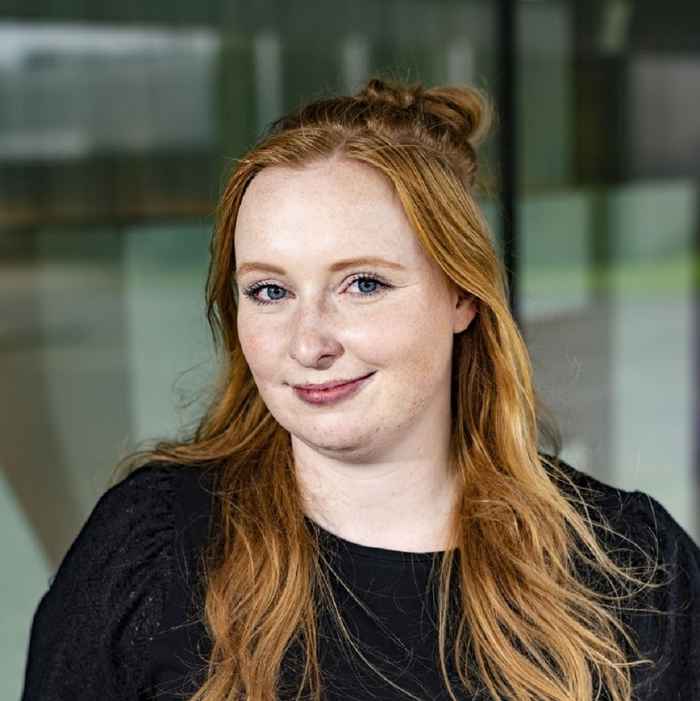Meike Kombrink, PhD Candidate at NFI/UvA

For me a subject that I found especially interesting was how to keep biases to a minimum, in both humans and in machines. Luckily this topic was covered well within the Master.
While following the MFS I was a teaching assistant with the bachelor AI of the UvA. I discovered that I greatly enjoy teaching, which is part of the reason why I decided to look into PhD positions for after my Master’s. The combination of doing research in a socially relevant domain and teaching at the same time sounded amazing to me. So when I noticed an interesting PhD vacancy that was linked to the NFI (Netherlands Forensic Institute) I jumped at the opportunity. I applied and am now a fulltime PhD student at the NFI (and one day a week at the UvA) trying to detect steganographic content. Steganography is the art and science of covert communication, where (for example) an image is hidden within another image. I’m still in my first year of the PhD but am really looking forward to continuing this exciting research and (hopefully) get forensically relevant results.
Looking back at my time with the MFS I would advise everyone to approach those (intimidating) people that you look up to during the Master. When you have a super interesting guest lecturer, approach them and start that conversation! You never know where it may lead you.